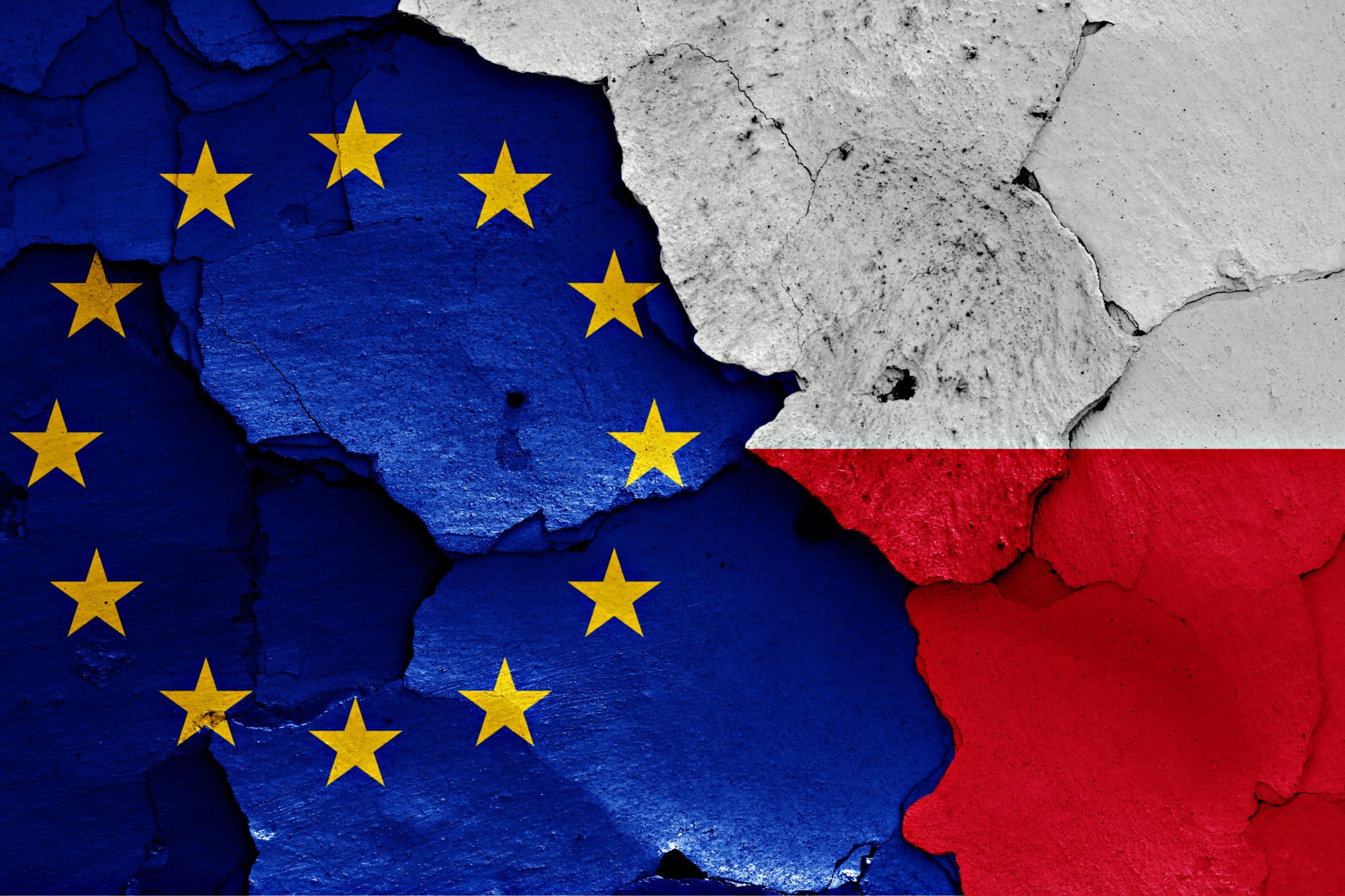As Christmas and the New Year approached, we had hoped to have the issue of Poland settling its dispute with the European Commission to obtain its EU recovery fund allocation might have been settled.
It was not to be. The issue is complex, and sovereignty really is at stake. Any course taken will be risky, and there can be no surprise that many are gravely concerned about the long-term consequences of a compromise, but a compromise is probably the best way out at this time.
First of all, there is the matter of the economy. Yes, Poland could borrow the money on the markets, but the cost of borrowing for a country bordering Ukraine and with a high rate of inflation would make that very expensive and hard to actually manage. Moreover, this is not just a question of the EU recovery fund.
The dispute could all too easily spill over to blocking Poland’s EU budget funds, which would be financially ruinous for the country.
It is also worth admitting the political reality that despite the many successes of the conservative government in Poland, the judicial reform and the conflict with the European Union have cast a shadow over them. Like it or not, the judicial reform has been stalled, and so dying in a ditch to realize this goal makes little sense.
What this means is that the ruling block must get out of the quagmire it finds itself in regarding the EU. The immediate goal is maintaining conservative rule, which remains Poland’s best shot at guaranteeing its sovereignty. To give power away now in defense of judicial legislation would most likely result in a government led by Donald Tusk, which would represent a government that is most likely to make Poland little more than a German vassal state. It is better to take a step back in order to avoid this scenario.
It looks as if the pro-patriotic block is standing at a crossroads.
It can either get out of the quagmire and recover its strategic initiative, or be forced into the disadvantageous position of trying to resist the European Commission. It is also worth remembering that the ruling block has been immune to criticism of supposed “Polexit” because it has always pursued a middle way of defending sovereignty while looking for opportunities to engage with Europe. Poles value membership in the EU and do not want to hear about any Polexit.
This is why the compromise the government negotiated is worth defending. It gives us a chance to get out of gridlock. It is a chance doubly worth taking, as the EU itself is having to reassess its ways as a result of the corruption scandal and the war in Ukraine.
The details of the agreement should not cause alarm. The European Court of Justice has ruled that judges may not question the verdicts and status of other judges, and there is no way that the Polish constitutional court would allow that.
The alternative to this agreement is stark.
It would lead to continued gridlock and likely electoral defeat. The very critics of this compromise would be the first to wail at this outcome — an outcome that would mean Tusk giving Brussels and Berlin all they want.
It is not pleasant to have to defend this difficult deal with Brussels, but its adoption could be the difference between election victory and defeat.






